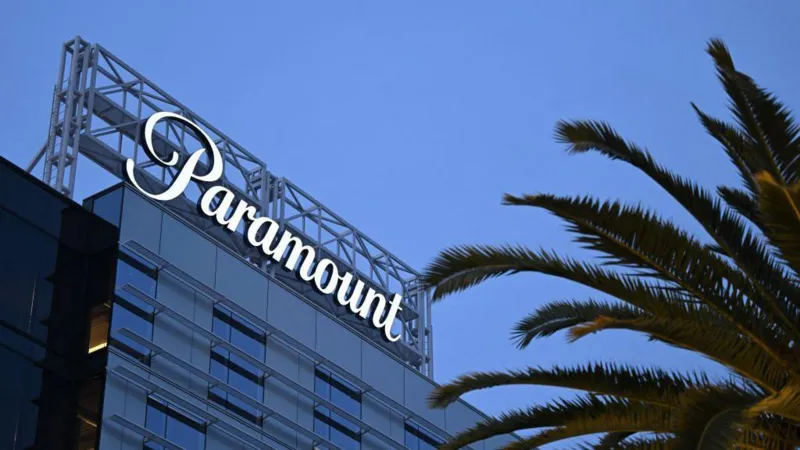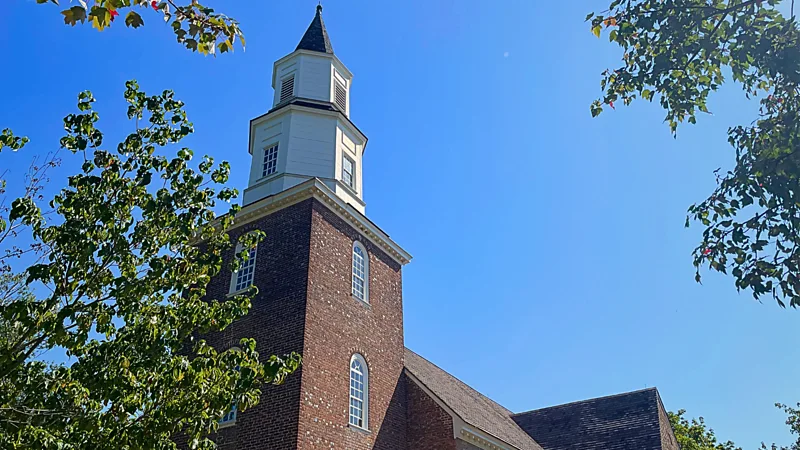Chester Zoo sets ambitious net zero targets - with help of new green technology
Chester Zoo hopes to become the first in the country to be net zero by 2030 with the help of new green technology.

The zoo opened in 1931 and is home to around 500 animal species - and each of its 37,000 creatures needs their environment, which can range from desert to arctic, to be heated at exactly the right temperature for them to thrive.
Work has started to implement the technology across the zoo's 92 buildings on its 128-acre grounds - with the habitat of the critically endangered black rhinos the first to benefit.
In their enclosure, kerosene boilers have been replaced with heat pumps, similar to those found in households and businesses, that provide a stable temperature range of between 18C and 24C.
The pumps work by pulling in heat from the air or ground outside and using that to heat a special refrigerant liquid into gas. When that's compressed, it warms up more. Pumping that compressed gas around the building raises the temperature to a comfortable level.
Jennifer Kelly, head of sustainability at the zoo, says it has an "important role as a global conservation and education charity".
"We need to be setting a really good example," she told Sky News.
"We know we can't be part of that problem that we're trying to solve and that's why we know we need to be demonstrating how you can reduce your reliance on fossil fuels to address climate change."
While Chester Zoo has already started working towards its ambitious 2030 target, other businesses across the UK are unsure about what steps they need to take to meet the government's target of being net zero by 2050.
Bev Carnaby, director of the UK Corporate Leaders Group, said that is due to a lack of consistency in net zero messaging in recent years.
"What we're now looking for is actually to set out the clear, consistent vision and implementation plan that goes behind that," she said.
"We've seen policy reversals, we've seen inconsistent rhetoric in terms of how net zero is spoken about and what that has done is create an uncertain environment."
-SKY NEWS






